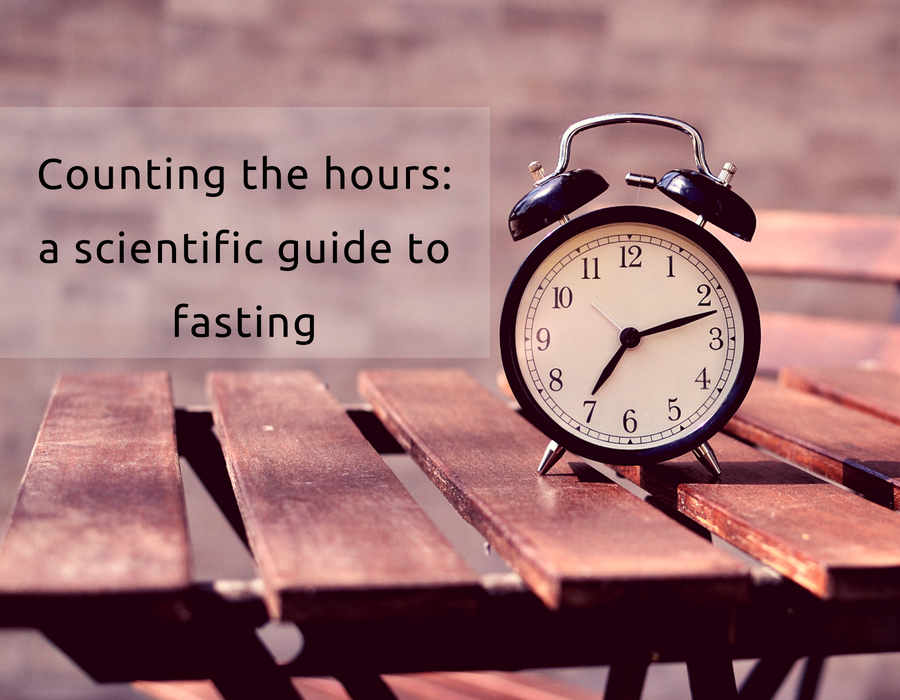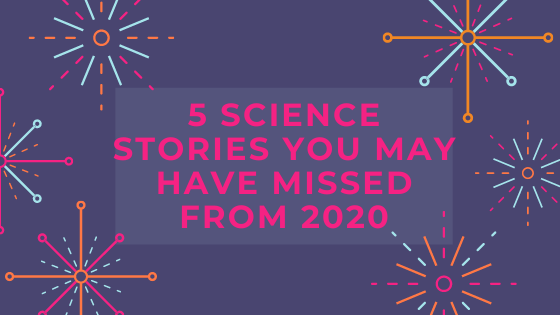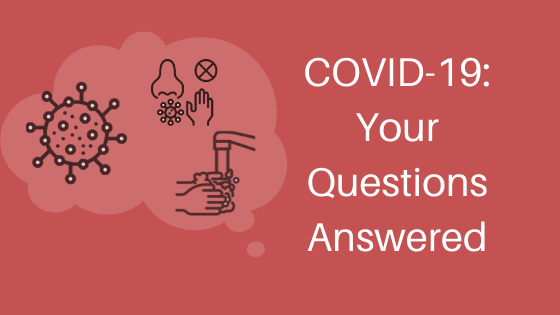Madeeha Hoque
 As we have just entered the Islamic month of Ramadan, let’s take this time to get a better understanding of what happens to the body when undertaking a fast. By definition, fasting is known as the abstinence of certain or all types of foods and drink from filling the bottom of the belly for a set period of time. It is observed by many people for various different reasons, including medical related situations (i.e. preparation for surgeries, operations, x-rays, etc.) or fasting for religious intentions – for example, the Christian lent and the Islamic month of Ramadan. Whatever the reasoning for maintaining a fast is, since our bodies are accustomed to the regular consummation of food, a sudden absence of nutrition for a prolonged period of time causes the onset of various physiological changes. Let’s take a look at what happens.
As we have just entered the Islamic month of Ramadan, let’s take this time to get a better understanding of what happens to the body when undertaking a fast. By definition, fasting is known as the abstinence of certain or all types of foods and drink from filling the bottom of the belly for a set period of time. It is observed by many people for various different reasons, including medical related situations (i.e. preparation for surgeries, operations, x-rays, etc.) or fasting for religious intentions – for example, the Christian lent and the Islamic month of Ramadan. Whatever the reasoning for maintaining a fast is, since our bodies are accustomed to the regular consummation of food, a sudden absence of nutrition for a prolonged period of time causes the onset of various physiological changes. Let’s take a look at what happens.
Entering power saving mode: physiological changes
The aforementioned changes in our bodies in this situation only begin to occur after having been in a state of fasting for around 8 hours or longer. This is because it takes the digestive system a significant amount of time to entirely absorb all of the nutrients obtained from our last meal into the gut. Once the 8 hour or so mark from your last yummy intake has passed, the gears in our bodies begin to grind in a different direction. During our normal, everyday routines, our bodies undergo a process known as glycolysis, which is the breakdown of sugar (glucose) stored as glycogen – our body’s energy stores, in order to maintain the energy levels that we need to get us through the day. However, since our regular eating habit changes during a fasting period, there is a deficiency of normal sugar levels. This deficiency creates an opening for gluconeogenesis to occur. Gluconeogenesis is a metabolic pathway consisting of the liver converting non-carbohydrate materials, such as fat, into glucose. This process is known as ketosis. Glucose is the body’s primary source of energy. For more on how glycolysis occurs, check out this catchy tune which we guarantee you will never truly be able to get out of your head (you’re welcome).
Once glucose levels have been depleted or become significantly low during a fasting state, our body system turns to fat as our next main energy source. Ketosis sees the breakdown of fatty acids into glycerol, which is done via ketogenesis inside of the liver. The glycerol produced is then further broken down in the liver for an additional source of glucose – stored for later use. The ketones produced as the by-products of this fat metabolism process are, in turn, used as an alternative form of energy in the stead of glucose.
Ketosis can provide many health benefits to our body system. The body naturally stores various toxins in our fat reserves. The breakdown of these extra fats has a detoxifying effect as they are now being used as an energy source, thus being safely removed from the body’s system. A heightened increase in ketone levels has also been observed to reduce some sensitivity to allergens, leading to less allergic reactions taking place and promoting the healthy functioning of cells. Various studies carried out on animals have also suggested that ketosis can help prevent the onslaught of neurodegenerative diseases. This is due to the protection of neurons, via ketosis, from taking oxidative damage inside the neocortex in the brain. Damage to these neurons is often typical of neurodegenerative diseases, thus, preservation of these neurons reduces the risk of an individual suffering from certain diseases later on in life. The production of ketones, however, increases the blood’s acidity levels, which can prove to be fatally dangerous to individuals who suffer from type 1 diabetes and rarely, those with type 2 diabetes. This is known as ketoacidosis and causes excessive thirst, unexplained fatigue, nausea and high blood pressure (hyperglycaemia). Sufferers from diabetes should consult their GP or health professionals before deciding to undertake fasts.

Not only this but fasting has many other positive effects on the body. Fasting has been found to promote the immune system’s ability to upgrade its defence line. During this power-saving mode, the body aims to save energy by recycling old and damaged immune cells and replacing them with fresh, new cells – better served to fend off any possible attackers. Some research has found that cancer patients who have observed a short-term fast prior to chemotherapy have been more resilient to immune system damage caused by the treatment. This could possibly be due to the outcome of the new immune cell regeneration process mentioned above. Intermittent fasting has also been found to reduce inflammation risks, possibly leading to prevention of certain types of cancers and tumour development. This method of treatment, however, is not currently used formally or medically. As well as this, as the body is trying to conserve more energy, less energy is, of course, used and this provides the body with a more efficient basal metabolic rate (BMR). The lower BMR creates a lower blood pressure, as well as further promoting the use of fats being metabolised, allowing an enhanced rate of ketosis. This allows the heart to maintain a healthier life cycle as fewer fats are being transported through the blood stream, and this reduces the chances of clogging up blood vessels. Fasting also promotes healthier cholesterol levels by increasing the body’s high-density lipoprotein (HDL) proportions.
Various studies carried out on animals have also suggested that ketosis can help prevent the onslaught of neurodegenerative diseases
Fasting has also been found to increase sensitivity to insulin in some individuals, as well as causing some mild stress on the body – comparable to stress caused via exercise. This further promotes a healthier immune system growth and makes the body stronger by initiating the removal of old immune cells, paving way for a refreshed immune system. Furthermore, it has been found that after only a few days of intermittent fasting can increase the levels of endorphins found in the brain. This is known as the “fasting high”, where individuals begin to feel good about themselves upon the release of these positive “feel-good” hormones. This has led some to believe that fasting could help alleviate some symptoms of depression, however, it is not recommended as a treatment, due to possibilities of a backfire of increased risk of anxiety suffering symptoms, as well as the possibility of an eating disorder taking root. It is possible for intermittent fasting to also lead to effective weight loss, however, healthier eating habits and long-term, low-calorie diets have proven to be much more effective in aiding with weight reduction.
Reasons Why People Fast

There are innumerable reasons as to why people decide to partake in fasting – whether it’s for personal, medical or religious causes, they are all performed whilst being regulated. Under medical conditions, fasting is practiced prior to going for some x-rays, such as those used to look at the bowel area. However, fasting is more commonly practiced in preparation for surgical procedures. Patients undergoing surgeries or operations that require general anaesthesia are required to fast beforehand due to the risks of pulmonary aspiration occurring mid-operation. This is the inhalation of vomit, which could lead to fatal aspiration pneumonia. Prior to blood glucose and cholesterol level tests, it is also required to fast for several hours in order for an accurate baseline to be established. This allows better understanding and regulation of prescribed medication to patients.
Many individuals observe fasts due to religious reasons, however, such as Buddhist monks refraining from eating after noon. This is seen, however, as more of a means of maintaining good health as well as aiding in meditation. Fasting is also seen as an integral part of Hinduism, where individuals fast on certain days of the week according to their favourite deities. For example, those who follow Vishnu tend to fast on Thursdays, whereas devotees of Shiva keep their fasts on Mondays. Judaism also sees the observation of fasting during six days of the year. Fasting for religious intents, however, is not always about the complete abstinence of food. This is seen in Christianity, where Lent is observed. For 40 days, a partial fast is kept where individuals personally choose what they intend to refrain from for the coming days. The most common choices are abstaining from chocolates, sweet desserts, caffeine or meat.
The month of Ramadan for Muslims is especially important, as for an entire month they abstain from all food and drink from sunrise to sunset. For Muslims, however, fasting is more than just refraining from consuming food. In Islam, during the fasting hours, many other activities become forbidden, such as partaking in sexual intercourse, smoking, back-biting, unnecessary killing of unharmful animals as well as becoming excessively angry and aggressive. The month of Ramadan is seen as a reflection period for Muslims, where they can assess their characteristics and attempt to amend their bad habits by disciplining themselves during the day. The act of fasting is a fine way of exercising and enhancing strong willpower. It is also performed in order to enable oneself to better empathise with the poor and needy who have little to no food, as it has been argued that fasting makes one better appreciate how fortunate they are with the amount of food and shelter readily available for themselves.
There are innumerable reasons as to why people decide to partake in fasting – whether it’s for personal, medical or religious causes, they are all performed whilst being regulated.
Eating Disorders
During a daily fasting cycle, the body’s glucose levels – and ultimately, energy levels, are re-balanced during the start and end of the fast during the pre and post-fast meals. This creates a safe and gentle transition from the use of glucose to fats, to back to glucose, as the body’s main energy source. This type of fasting is seen as responsible, as the body makes up for the lack of glucose and balances itself energy-wise throughout the day. Sometimes, however, a state of fasting can be observed “irresponsibly” and could possibly lead to starvation – a serious and dangerous state. Many people suffer from eating disorders, which sees an unhealthy, irregular intake of food. This heavily imbalances the ratio of glucose to fat metabolism as main energy sources and can lead to many unhealthy weight loss issues, for example, anorexia. To maintain a healthy fast, it is recommended that slow energy-burning foods (such as porridges and bread) are eaten at a pre-fast meal and post-fast meals are not too heavy as to make up for the day’s lack of food – as this defeats the purpose of fasting and damages the intestines, doing more harm than good to the body.
It is important to note that fasting does not promote starvation and should be observed responsibly by capable individuals. As we have just passed mental health week, please take this time to take extra care of your eating habits. If you decide to fast, please do so responsibly if you feel you are both medically and physically capable.
If you feel like you suffer from an eating disorder, please seek professional help.
https://www.beateatingdisorders.org.uk/
https://www.nationaleatingdisorders.org/
http://www.allianceforeatingdisorders.com/portal/organizations-and-websites





Hosn
Great article Maddy! V’ informative ^^
DIY Detox: your body’s response to toxins – Seeking Science
[…] and watermelon. Grapefruit juice is also famed for its detox abilities as it is high in vitamin C. Fasting is another way of detoxifying the body, although it is a method rarely used for such purpose. […]